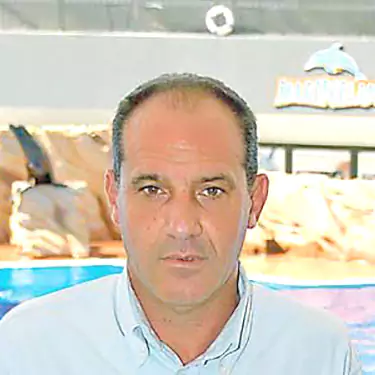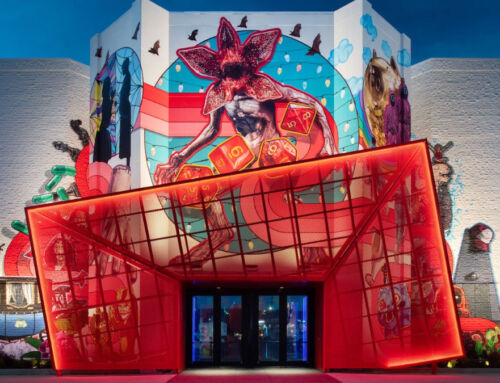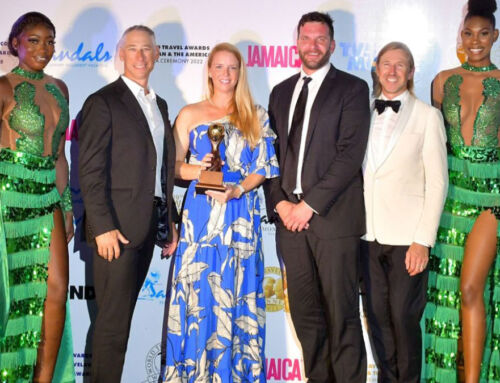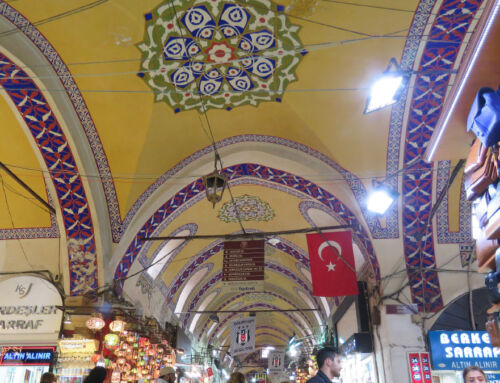Amusement Logic: You’re a veteran in park management, how did you start in the sector?
Pedro Codina: I started around 95/96 and it was a complete coincidence. I was in another sector and I had an acquaintance who was the sales director at Aqualand Torremolinos. There was a vacancy for a sales manager and he suggested I go. I grew with the company until I became the park director.
A.L.: What did your studies contribute?
P.C.: Spain is a country that is highly focused on tourism. I studied Tourism in Malaga and evolved within the tourist sector. Obviously, the sector continues to modernise, there are new lines of business, but in the end, the foundations of tourism and leisure are still the same. It’s been shown that tourism is an engine for the global economy and it still has a great future. In fact, one of my daughters also studied Tourism.
A.L.: When you take charge of a park, what functions do you carry out?
P.C.: When I arrive at an operating park, the first thing is to analyse what they’re doing, try to correct possible errors, improve procedures, in short, to optimise the park’s operation and its results. When we’re talking about a newly created park, such as those abroad in which I’ve been lately, it’s all about implementing the operating and management mechanism from the start. The responsibility of all aspects of the park is 100% mine. From the base of a general budget for the park’s financial planning, to getting involved in the human resource department (from recruitment, initial and continuous training) to get the best possible team, looking at the operations department and preparing all the safety procedures, training for the different operators in the stores, catering, photography. In brief, managing and supervising all the park’s aspects and departments. Evidently, to get good results you need to form a good team. Otherwise, it would be impossible, as you can’t do everything.
A.L.: Talking of being abroad, in how many projects have you been involved? In how many countries?
P.C.: Well, precisely my first experience abroad was through Amusement Logic. I was working in Mallorca and a great friend who worked with you in Russia, introduced me and a project of yours appeared in Uyo, a small town in Nigeria. From there I jumped to Vietnam. I was there for a few years in a theme park and waterpark. Then I was in Dubai, in a zoo. Lastly and where I’d been up until a month ago, was a theme park in Pakistan.
A.L.: Where do you think the waterpark industry is heading in Spain and internationally?
P.C.: Spain is a leading country in the waterpark sector, with parks that are renowned globally. The difference now and in the 90s is enormous. Nowadays a park is not just a group of pools with slides, but rather it wants visitors to enjoy the experience as a whole and offers a large amount of activities for all kinds of guests. Another element that has been highly developed is theming. Giving a park a prominent theme is essential. Globalisation has also arrived on the waterpark scene and all parks want to implement international standards. In many of the parks in which I’ve worked, I was hired not only to attain good business figures, but to implement those international standards: safety policies and general good-practice that allows parks to achieve their objectives and meet client expectations.
A.L.: In Spain is there anything we could improve in regards to all kinds of park management?
P.C.: Service. I think that service is fundamental and increasingly so. In a world where multinationals impose themselves, in the park sector too, independent parks should differentiate by providing clients with excellent and personalised service. Clients are becoming progressively more demanding and they appreciate being cared for and being pampered when they spend a day out in a park. This is the same in Spain as it is for other countries where I’ve worked. The attractions are important, but giving clients great service, where staff smile, where guests don’t have to queue to get food and where they know the park is looking out for their well being, are essential aspects than can always be improved upon.
A.L.: What is your next project and what is your next step?
P.C.: I’m in love with this business. I’ve been going for 26 years already. I love going out, I love travelling, I love sharing my experience in other countries and on new projects. Something that has always fulfilled me has been showing people how to manage a park. I’ll give you the example of Vietnam: they get 25,000 people each weekend and they’ve not had any accidents or any problems. This is incredibly gratifying and makes me proud. When you see positive results, when people call you to thank you for your efforts, that’s the best thing you have. Wherever the next project may be, I hope it’s equally rewarding.






